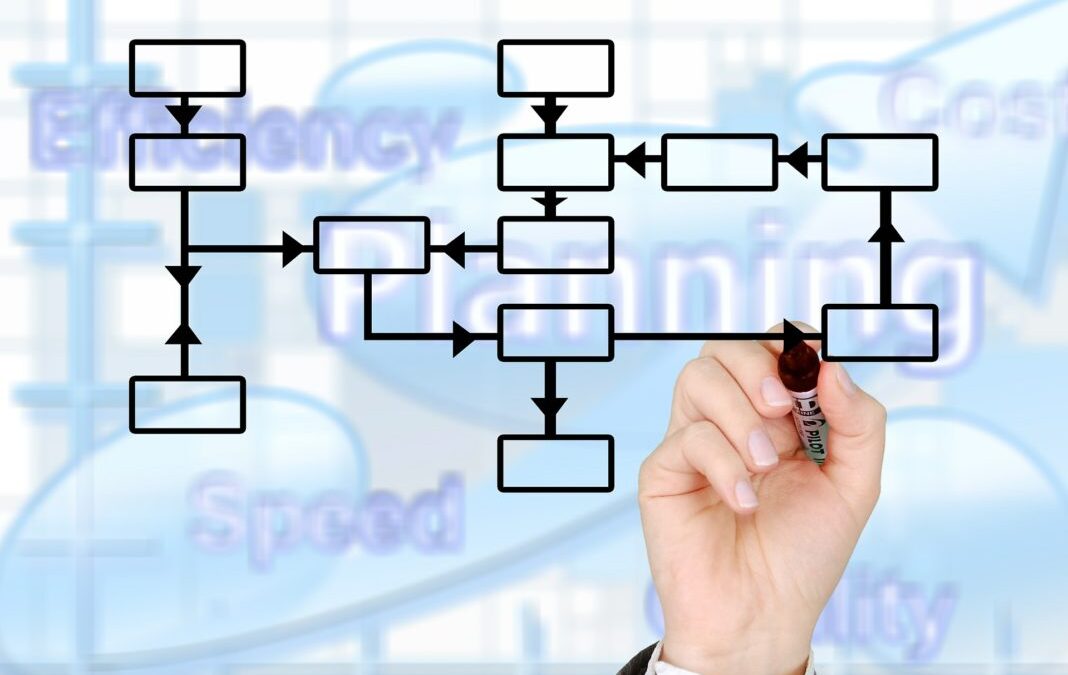As the old saying goes, when you assume you make an ‘ass’ out of ‘u’ and ‘me’.
So, with that in mind, ask yourself these questions and answer honestly.
- Could you define your company’s sales process?
- Have your sales team been onboarded so that they would define your sales process that same as you?
- If you asked three customers, would their buying experience be pretty much the same?
If you found yourself pausing, and putting qualifications on you answer, it could be that you just identified a potential area of growth and development that could take your sales team from doing okay to knocking it out of the park! Even the simplest of tasks involves some sort of process. By taking the time to define your sales process you can help your team not only optimize resources, but also maximize your profit potential.
Creating systems and processes takes an investment of time and effort, but ultimately multiplies your results. According to research by the Sales Management Association, 90% of all companies that use a formal, guided sales process ranked as the top performers in their industries. And if money talks, you’ll like this. A study by Harvard Business Review (HBR) showed that businesses with a standardized sales process see up to a 28% increase in revenue as compared to those that do not.
Put simply, a sales process is a set of repeatable steps that a salesperson takes to move a prospective buyer from the awareness to a closed sale. By putting your sales process down – creating systemization – it will allow you to examine the process, identify roles and responsibilities, make improvements, and increase efficiency.
A defined sales process can help you do the right things right and know for sure what works and what doesn’t. Equipped with this knowledge you can avoid making the same sales mistakes repeatedly.
The long-term advantages a well-tuned sales process is undeniable. When your sales team is working like a well-oiled machine you’ll benefit from:
- higher employee retention and satisfaction
- better intradepartmental relations
- long-lasting customer relationships
- reduce customer retention costs
- increased referrals
- higher sales revenue
Defining your sales process doesn’t mean being inflexible or impersonal – it just makes sure that everyone on your team has a baseline to build on. Also remember, a good sales process is never set in stone. It shoud be revisited and adjusted regularly to make sure it reflects the current market, your customers’ needs, and your team strengths. It should be a living document at the heart of your sales team.
Does this ring true to you?
Connect Now
